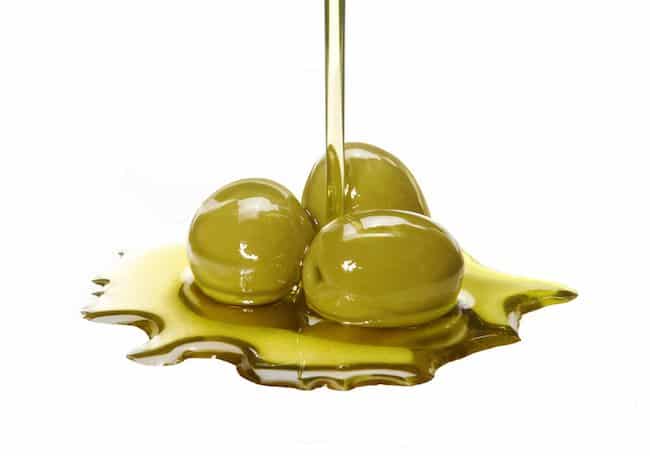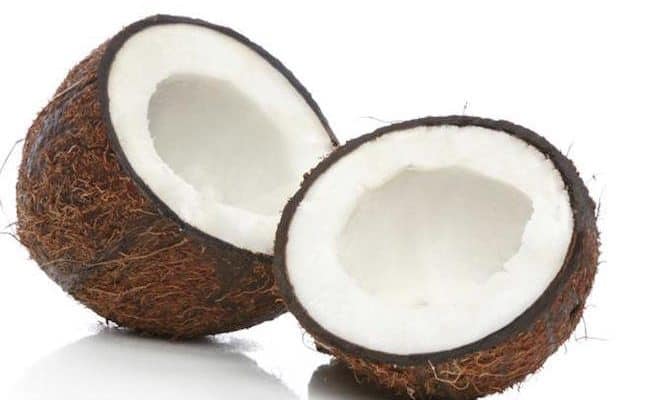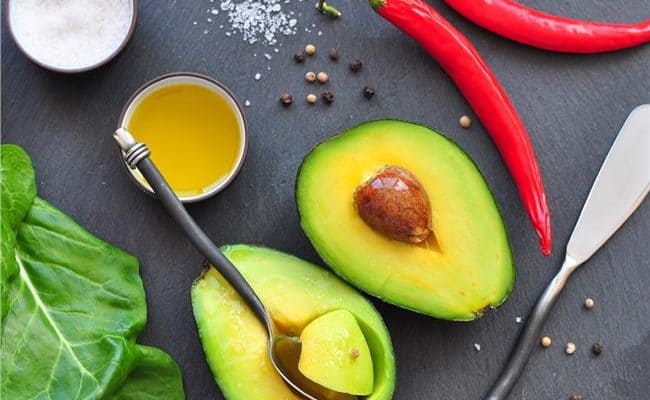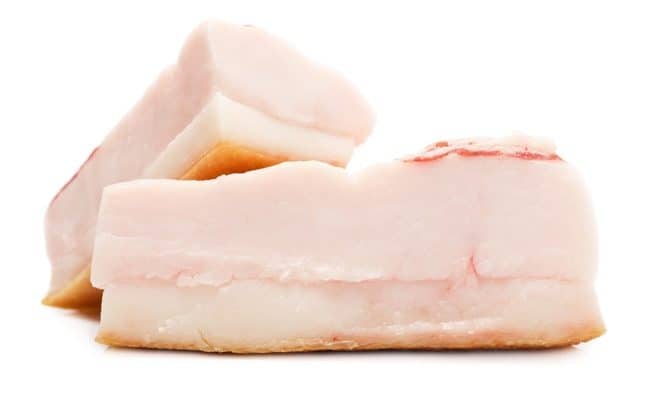
Olive oil is considered one of the healthiest oils because it is high in heart healthy fats, vitamin E and omega 3 fatty acids. Olive oil is a staple in many cuisines around the world including the Mediterranean diet.
Mediterranean cuisine is rich in olive oil, legumes, whole grains, fruits, vegetables, seafood, wine and lower consumption of red meats. There is much research suggesting specifically following a Mediterranean diet can have numerous health benefits.
Although there is compounding evidence olive oil is a healthy staple, there are instances when olive oil may not be the best choice to cook with. Here are some important factors to consider when determining which oil you are going to cook with.
Health benefits
Many research studies have concluded health benefits of a Mediterranean diet and/or high olive oil consumption. In early 2014, a research study from Harvard School of Public Health and Cambridge Health Alliance suggests that adhering to a Mediterranean diet was associated with lower risk factors of cardiovascular disease in a group of young firefighters.
The reason that olive oil is considered heart healthy is because it is rich in monounsaturated fats and omega 3 fatty acids. Monounsaturated fats can help lower bad cholesterol and raise good cholesterol levels.
Omega three fatty acids can help lower inflammation in the body. Inflammation in the body can increase risk for cardiovascular disease, rheumatoid arthritis, hypertension and some cancers.
Olive oil is also high in antioxidants, vitamin E, K and carotenoids. Vitamin E, antioxidants and carotenoids can help protect the body cells from damage by free radicals. Vitamin k is important for calcium regulation and blood clotting.
Keep in mind that extra virgin olive oil is considered the best form of olive oil because it means it is from the first cold press of the olive. Unfortunately labeling olive oil and extra virgin or not can be misleading and is not well regulated.
To ensure of your olive oil is in fact extra virgin, check the bottle for a label from the North American Olive Oil Association or the International Olive Council. Your olive oil should smell like olive, not smell rancid and should be thicker than other oils.
When not to use olive oil
Olive oil is best used for lower temperatures or in cold dishes because heating olive oil too high can actually cause it to smoke. The smoke point for olive oil is around 365-420° F according to Eating Well.
Another reason not to use olive oil in high heat is that the antioxidants and other phytochemicals in olive oil can break down in high heat. You also want to take into account olive oil can impart flavor into dishes which may be desired for lightly sautéing vegetables, but may not be palatable for baked goods.
When to use olive oil
As mentioned, lower temperature dishes work best for extra virgin olive oil. Using olive oil for salad dressings, as a dip for bread or crackers, lightly sautéed vegetables or on top of hummus are all examples of using olive oil that is in the proper temperature range. If you are baking or cooking a dish at a low temperature (under 365°F), olive oil could still be used.
Alternatives for olive oil
If you are heating something that requires a heat above olive oil’s smoking point, consider using peanut oil, avocado oil, butter from grass fed cows, sesame oil, grapeseed oil or safflower/sunflower oil. Peanut oil can be a good alternative for frying. Coconut oil can be another healthy alternative to olive oil that will impart a pleasant coconut flavor to dishes.
Conclusion
Extra virgin olive oil has many health benefits including improving heart health from monounsaturated fats and omega 3’s, lowering inflammation and providing antioxidant and vitamin nutrients in the diet. The Mediterranean diet, which is rich in olive oil, is especially known for its association with lowering risk for cardiovascular disease.
Heating olive oil above its smoke point could alter the chemical composition of the oil and destroy the health benefits. The smoking point for olive oil is around 365-400°F. Using a different oil with a higher smoke point for higher cooking temperatures is recommended.
Extra virgin olive oil is considered the purest olive oil, as it is from the first press of the olive. Look for extra virgin olive oil that has verification from the North American Olive Oil Association or the International Olive Council if you are unsure of the purity of an olive oil labeled extra virgin, as some companies falsely advertise olive oil as extra virgin.
Other oils that can be used as a substitute for olive oil include coconut oil, grapeseed oil, peanut oil, avocado oil, butter from grass fed cows, sesame oil, safflower or sunflower oil.
References used in this article










